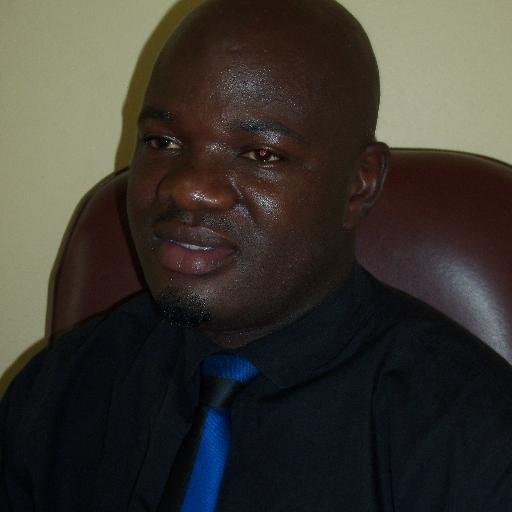Fredrick Moyo
Media practitioners in Masvingo have expressed scepticism about the Private Voluntary Organisation (PVO) Amendment Bill saying the bill’s vagueness may present problems to free expression of ideas in the long run.
Speaking during a Caucus discussion organised by the Media Institute of Southern Africa (MISA), media academic Dr Last Alfandika said government is not being fair in terms of advocating for democracy and the bill has hidden issues that will be a challenge to some organisations that support media operations as this will kill the energy media has had over the past years.
“Government is not being fair because if we talk in terms of democracy, the bill is not actually going to star for democracy because it is dealing with the PVOs yet the media are not part and parcel of the PVOs, they are a business which is owned and controlled.
“One issue that is hidden is that the bill is going to create challenges for organisations which support the media and those organisations which fall under the Media Alliance of Zimbabwe are going to be stifled and controlled in such a manner that they will not be able to support journalism in Zimbabwe which means issues of media reforms and media activism are not going to be pushed with the vitality we have seen in the past years and that is the major issue which is going to happen to the media if the bill passes to be a law,” said Dr Alfandika.
He also added that the bill is vague as it does not fully state how the PVOs are not supposed to impede in politics whereas the PVOs work directly with politics and it is hard to separate the two.
“The other issue is that the bill itself is vague especially when they are saying the PVOs are not supposed to interfere with politics, PVOs work with politics directly so if we are saying they are not supposed to interfere with politics what are we saying? Are we saying that people are not supposed to be taught politics? Politics bring in democracy, so if they are not supposed to interfere with politics, which politics?
“So let the bill be clear and say is it international politics, at what level, what they mean by interfering. These issues need to be ironed for the media to safeguard the gains that we have had for the past years,” added Alfandika.
Trust Rukwava a journalist in Masvingo said the PVO Bill limits the activities of organisations that represent journalists and it gives much power to the minister in charge.
“The bill limits the activities of organisations which represent journalists and concentrates too much power on one person that is the minister. Its definition of political involvement is vague since one who represents the interests of journalists as the fourth estate can be easily classified as a political activist and it also reduces sources of revenue for media since the same PVOs whose activities want to be trimmed, are also major advertisers in the media.
“In short it is more retrogressive than progressive. It is high on diagnosis but low on prescription. It is a give and take situation in which the same freedoms which have been given through the repealing of draconian laws which governed the activities of the media can be smuggled back just through the use of controversial clauses and jargon within the bill,” said Rukwava.
MISA Zimbabwe Masvingo Advocacy Committee chairperson Passmore Kuzipa said the bill has some positives and negatives and much noise should be done on the negative impacts the bill has.
“The bill has both negatives and positives and we need to make noise on the negative so that they are corrected before the bill is passed into law. One major concern is that there is too much power given to the minister responsible to decide or judge and instead of giving too much power to the minister the bill should use the normal court procedures. The bill must not be vague, it should be very clear what they mean when they are saying involvement in politics. It should be clear in terms of defining the involvement they are relating to when they say political involvement rather than leaving it as it is because it becomes vulnerable to abuse especially by political figures,” said Kuzipa.
The government gazetted the PVO Bill on November 5 2021, stating that the bill seeks to help the country comply with recommendations made by the Financial Action Task Force (FATF), to streamline administrative procedures and allow for the efficient regulation and administration of PVOs and also to prevent PVOs from undertaking terrorism.



